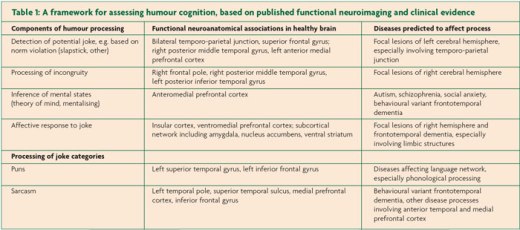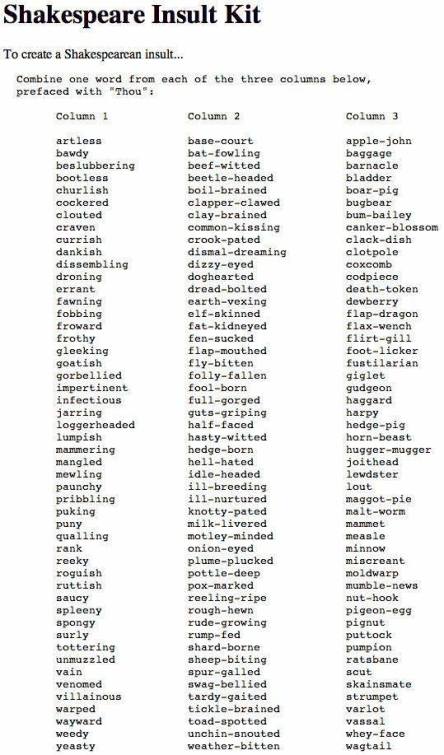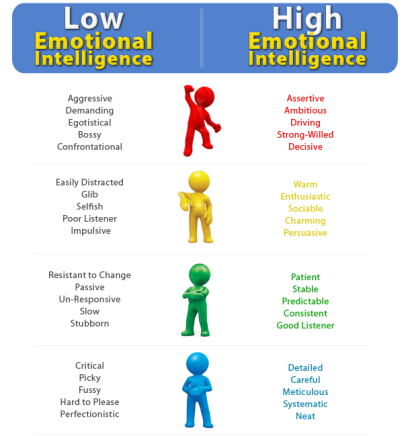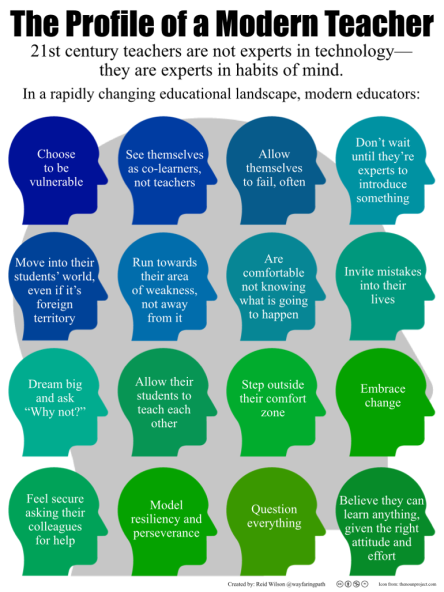I was disconnected to this topic in our forum- still am. I have yet to discover why. Its most definately not because I don’t believe humour is valuable, even necessary in a classroom. I understand and appreciate the cognitive process which takes place. I even wonder if the “process of resolution requiring the integration of conflicting alternatives (Jokes typically entail the opposition of apparently incongruous elements that must be resolved in a surprising way) is a model of frontal lobe function” is similar to what occurs when resolving congnitive dissonance. (Clark & Warren, 2014)

I experience the benefits of laugher, even forced laugher such as laughing budda from yoga. I use it in my classrooms, primarily self-disparaging humour. Self-desparaging humour has the effect of removing the power of the instructor – student relationship to one which is at least more equitable. It can relieve the tension in a heated discussion. Humour can relieve anxiety about learning and “making mistakes”. Humour is part of classroom management.
Essentially, what’s there not to like about humour? Maybe my disconnection is actually boredom, my learning peers and I found no disconnect on our thoughts about the value of humour? Interesting….
I’m a funny person (or at least I think I am!). And, yet, my blog posts are primarily serious! What’s that all about?
Reference: Clark, C.M., Warren, J.D. 2014. The Neurology of Humour. Clinical Review Article. Retrieved from: http://www.acnr.co.uk/category/clinical-review-article/




